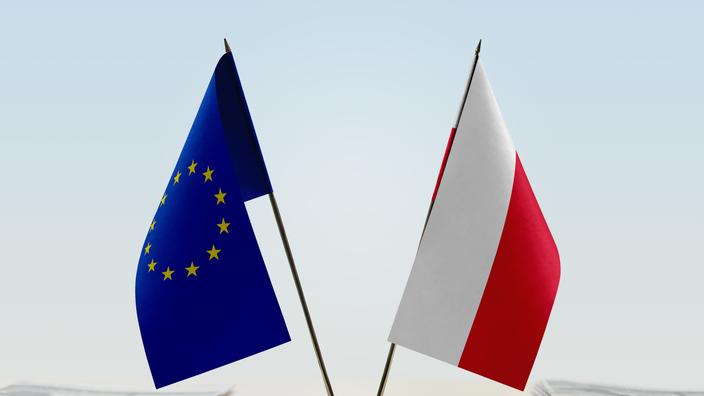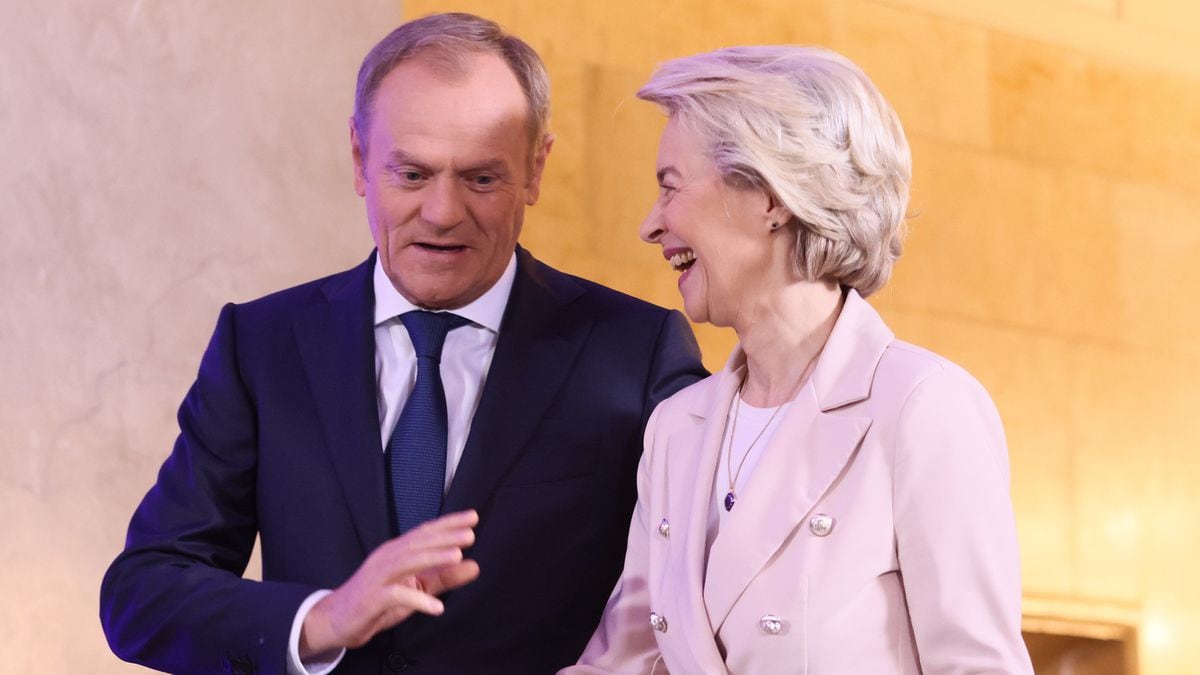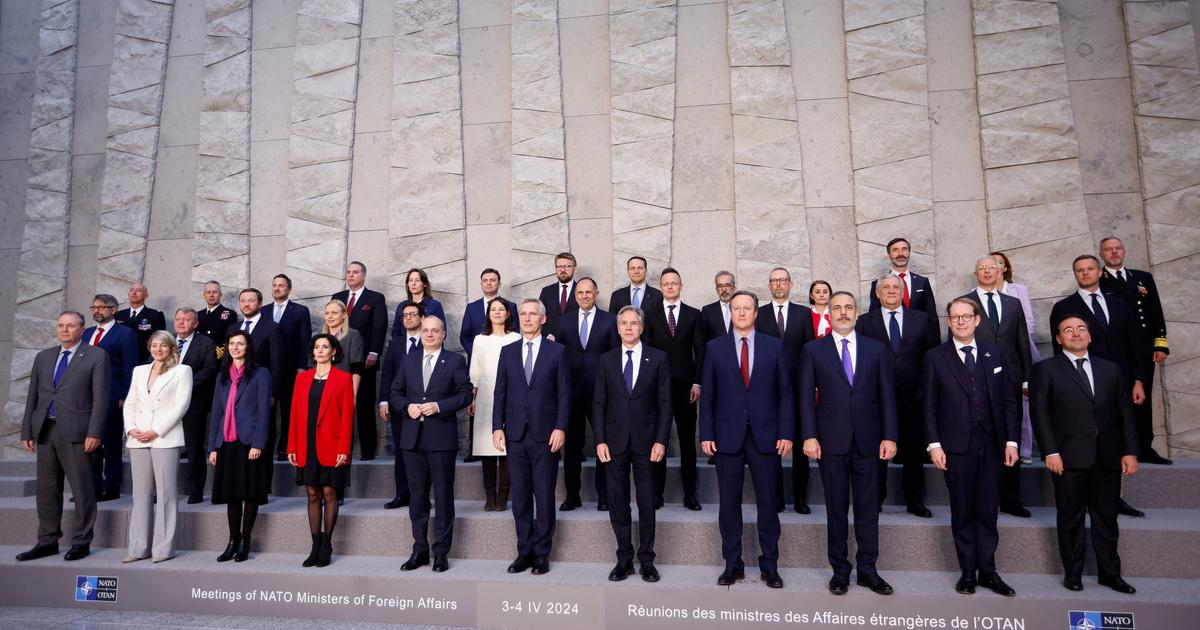Sébastien Maillard is director of the Jacques Delors Institute.
Poland has put itself in an untenable legal position in the European Union. The judgment of its constitutional court attacking the primacy of European law, a principle enshrined in the case law of the Court of Justice of the EU, has confused the country's intention to remain in the Union. The integration of the Member States into their own legal order is inherent in their membership. To dynamise European law is to dynamise the Union. National constitutions remain at the top of their internal legal order, for the most part, as in France. But, by suddenly and directly calling into question such fundamental passages of the European treaties as the first article of the EU treaty and its article 19 on the European Court of Justice, the Polish judgment isattacks a hierarchy of standards between European law and national laws, already sometimes heckled by other constitutional courts, in particular that of Karlsruhe in Germany. In addition, responding to a request from the Morawiecki government, which thus instrumentalizes
his
court, it looks like a form of
legal
Polexit
that is politically inconceivable. Europhiles, the great majority of Poles have no desire to leave the EU. For their part, the other Twenty-Six clearly have no interest in amputating again a major member of their Union.
Although it has not yet entered into force, this judgment marks the culmination of a deterioration in the relationship between Warsaw and Brussels, which in recent years has multiplied recommendations and prosecutions.
Until now suspend the approval of the Polish recovery plan and the transfer of European funds, which it is difficult to see how the country could eventually do without.
The mechanism conditioning payments to respect for the rule of law is a new pressure tool, which will hit the wallet.
Respect for the rule of law is that of the constitutive principles of a liberal democracy which are the independence of the judiciary, freedom of expression and of the press, academic freedom and respect for the opposition. .
Sebastien Maillard
But we should not expect political miracles from these procedures, experienced as obtaining confessions by financial asphyxiation. The bitter legal battle hides a cultural war, in which the Polish PiS and Viktor Orban in Hungary want to lead the Europeans. To prevent it, the institutions of the Union must also clarify their intentions and prioritize their priorities.
First of all, by distinguishing the rule of law from “values”. Respect for the rule of law is that of the constitutive principles of a liberal democracy which are the independence of the judiciary, freedom of expression and of the press, academic freedom and respect for the opposition. . The European Charter of Fundamental Rights stipulates those which all European citizens, wherever they are in the Union, must be guaranteed, like equality between women and men. On all these principles, the Union must be intractable. These requirements are part of the European contract concluded by any member joining the EU. They form the central core of the principles common to the whole Union.
Introduced in the Maastricht Treaty, the principle of subsidiarity marks a preference by default to act at national level as long as the European level cannot better carry out this action, apart from the exclusive powers devolved to the Union.
Sebastien Maillard
Beyond that, the values inherent in societal subjects, sometimes affecting the most intimate individual choices, vary across Europe, from one State to another, and over time, from one generation to another. "
Truth below the Pyrenees, error beyond
", observes Blaise Pascal. Echoing the European motto, the unity of our Charter does not stand in the way of a diversity of collective preferences, which here may be progressive, there conservative, and are in essence never fixed. Their development takes place first and foremost in a national political field and cannot be legally imposed from the outside, at the risk of being counterproductive. As the President of the Court of Justice of the EU, Koen Lenaerts, points out: “
Pluralism means that each national society remains free to evolve differently according to its own scale of values
”. His Court, he specifies, "is
not looking for a general definition which would amount to imposing a uniform notion of public morality on the Member States, because that would be contrary to the pluralism on which the Union is founded
".
The possible tool for clarification is the principle of subsidiarity, dear to Jacques Delors. Introduced in the Maastricht Treaty, it marks a preference by default to act at the national level as long as the European level cannot better carry out this action, apart from the exclusive competences devolved to the Union. The ambiguity in applying this principle should not stand in the way of the political attachment it has received from Member States as different as the Netherlands and Poland. The primacy of European law is articulated with the exercise of subsidiarity, which can also conversely justify European action. The next European Council on 21 and 22 October should reaffirm its importance, while stressing the essential importance of the rule of law,full respect for European law and for the authority of the European Court of Justice without which the Union would become wild.






/cloudfront-eu-central-1.images.arcpublishing.com/prisa/WZJI23K4UTHMFRD6PMDGRCYCXM.jpg)








